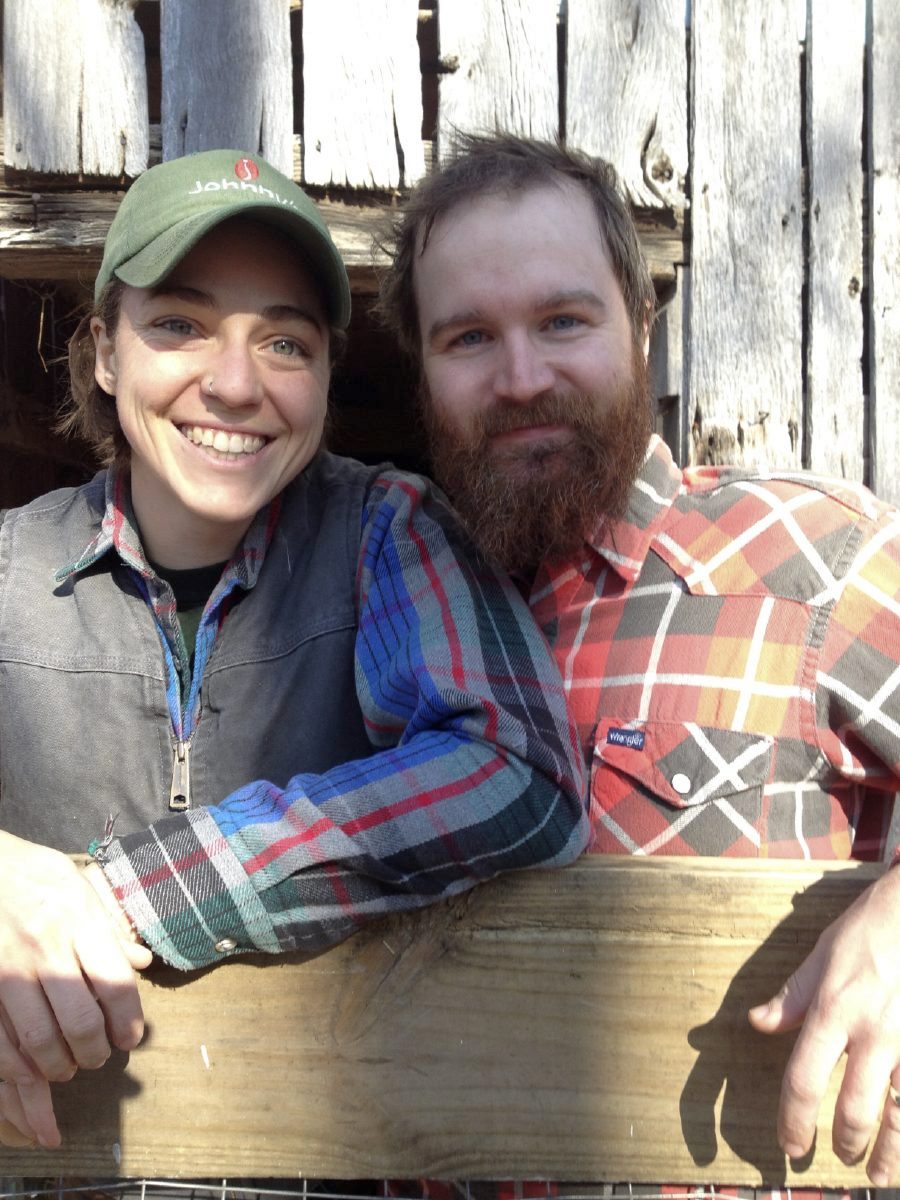
My first roller coaster ride was at Kings Island.
I was about 10, and I wanted to impress the older kids on our school field trip. I was nervous but tried not to show it. That day, I learned that I loved roller coasters. In particular, I loved the metal ones that offer a smooth, fast ride where you zip through trees and your feet dangle down.
Farming during the Covid-19 pandemic has been a very different sort of roller coaster ride. Picture, instead, the old wooden kind that rattles you to the core and slams you from one side of your car to the other. But then, after bumping slowly up a giant hill, lets you take in a lovely view and send you sailing downhill with a smile. We thought we would share a farmer’s perspective on how Covid-19 is affecting our world.
First, of course, we want to say how grateful we are to be healthy. It’s easy to social distance on our farm, and that’s a blessing.
In terms of our business, though, the pandemic has been a series of ups and downs. We are thankful that through this global health crisis, our business has been able to adapt.
Many farmers like us sell directly to customers via farmers’ markets, on-farm stores, and CSAs (Community Supported Agriculture — a membership or buying club). Nationwide, many farmers are struggling. But in terms of sales, farmers like us are doing pretty darn well. Think of this as a nice, smooth downhill on the roller coaster. People are thinking more carefully about where food actually comes from.
Usually, Americans spend about 38% of their food budget on eating out. But these days they’re using more of their food dollars on groceries.
Of course, in order to sell that food, we’ve had to reimagine how sales work. Now we’ve entered a huge, spine rattling curve on the roller coaster.
Normally, we sell a lot of food at the farmer’s market. Customers chat with us about what they’re interested in buying, how we raise our animals, etc. We’re still selling at market, but we’re taking a smaller assortment of cuts and encouraging people to pre-order so that they can spend less time at market. That means more time behind the scenes with order forms, emails and phone calls, and many color coded spreadsheets. Many farmers have added online stores, so that customers can pay online and just pick up their food. We haven’t gone that far, primarily because of our CSA. About half of our sales go to our CSA members. They pay every six months and pickup at market. That’s been a huge help.
Restaurants make up the last big chunk of our sales (for example, about 1,000 of our 2,000 meat chickens per year).
Here, picture a series of quick hills on the roller coaster: up and down, up and down. At the start of the year, our plan was to expand restaurant sales. That plan came grinding to a halt, as did all regular orders. When we found out that one of our two main restaurants has closed for now, we knew we had to adjust. We considered cutting back to 1,000 chickens for this year. This felt like a real blow to our farm’s bottom line and our hopes. But then customers started calling: Covid outbreaks were closing down the processing facilities that serve factory farms, and it seemed like everyone wanted 4-5 whole chickens for the freezer. We called our hatchery and our butcher, and actually increased our production numbers for the year.
As the height of the farmer’s market approaches, we’ll just have to wait and see how the pandemic continues to play out. We assume there will be more ups and downs for farmers like us. We have the farm to keep us focused, and fantastic customers who want our food.
We’ll just keep riding the roller coaster. We hope that our food can help folks focus on home and family as we all social distance and deal with this pandemic.
Nate and Liz Brownlee operate Nightfall Farm in Crothersville. Send comments to awoods@ aimmediaindiana.com.
